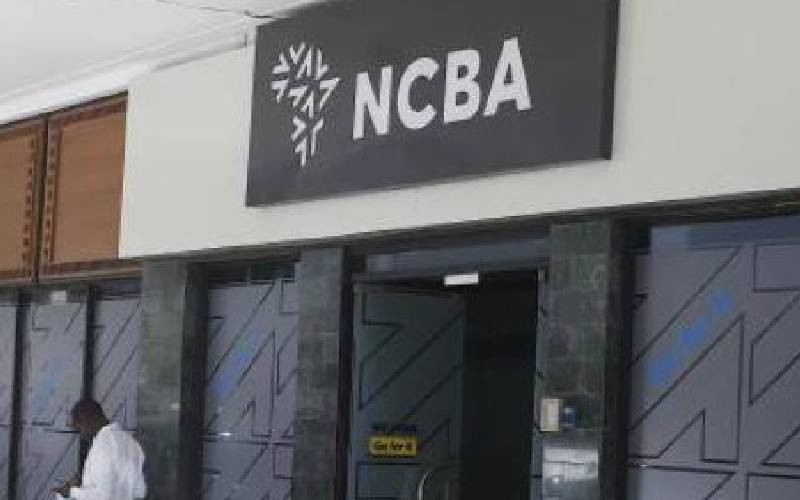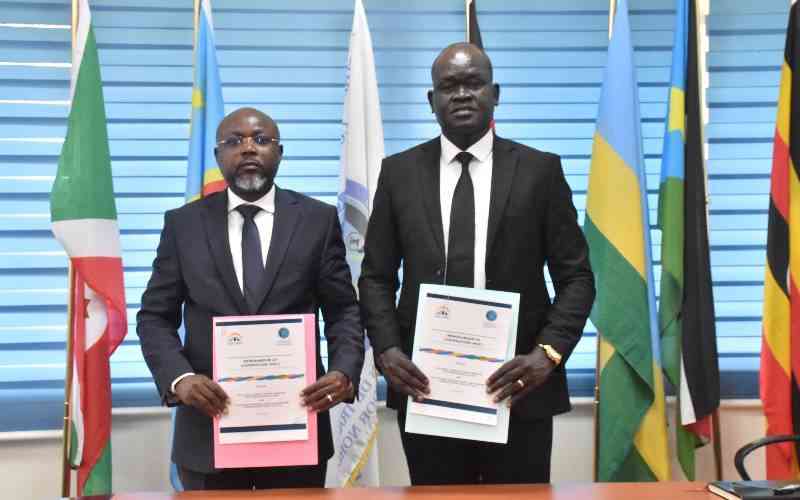×
The Standard e-Paper
Join Thousands Daily

When it launched operations in 2014 to deliver low-cost internet to remote locations across the country, Kenyan internet service provider Mawingu Networks was embarking on an ambitious quest.
The company bet on TV white spaces - spectrum unutilised by television broadcasting - to transmit high-speed internet in remote locations at affordable costs with initial deployments in Nanyuki and Laikipia.







